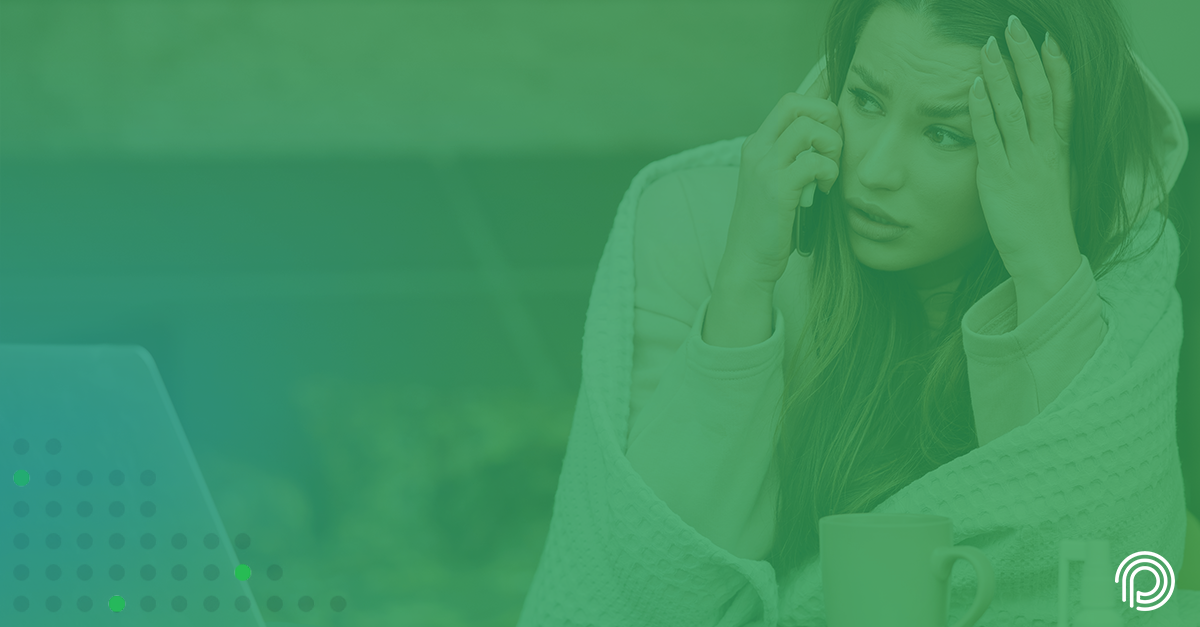Somehow, the COVID-19 pandemic put the sick day in danger.
That may sound impossible — it’s definitely ironic. But emerging research says it’s true. HR tech company Beamery recently reported that 39% of workers are more likely to work through sickness from home. And a quarter said they believe sick days themselves are a thing of the past.
Meanwhile, data from the U.K. revealed that the country’s sickness absence rate fell to 1.8% in 2020 — the lowest recorded level since the country began reporting the data in 1995.
Companies may be excited by this prospect: Workers are getting stuff done, even when they’ve got the sniffles. But encouraging workers to push through on their crummiest days may cost companies in the long run.
Burnout is contagious — and spreading fast
Workers are burned out. In a November 2021 survey from Eagle Hill, 56% of women and 51% of men said they are burned out at work. Among younger workers, reports of burnout are even higher; 62% of respondents between the ages of 18 and 34 said they are fatigued at work.
When workplaces encourage employees to forgo the occasional sick day — even if it’s for a mild head cold — they tell workers that their health comes second to their productivity. In a talent market that’s being bowled over by the Great Resignation, that’s not the message employers want to send.
Lead by example (no, really)
Employers need to pick a sick day policy and live by it. Maybe your company gives workers unlimited time off and trusts employees to take the time off when they need it. Works for me. Or maybe you tell workers they’ve got two weeks for sick time. It’s fine either way.
The important thing is to model the policy. Workers will not take the rules seriously if leaders and managers don’t model them. Your managers need to send out an offline notice when they’ve taken the day off to recover from food poisoning. They need to let their teams know when they need a mental health day.
Use behavior data to help the stragglers
Some workers won’t get this, even with perfect modeling from managers and leaders. When you run into these employees, it’s important to take a step back and look for broader issues. You may have a star performer who believes their success is rooted in perfection. If they have a hard time taking a sick day, they’re not likely to take any vacation either. Soon your best employee is burned out and considering a new gig.
Behavior data can help illuminate potential problems like this one. To find out how PeopleBest can flag great work and room for improvement on your team, book a demo and set up a time to chat with one of our specialists.
PeopleBest is a revolutionary, simple and powerful way to capture the exact ‘DNA of success’ inside people, teams and companies


